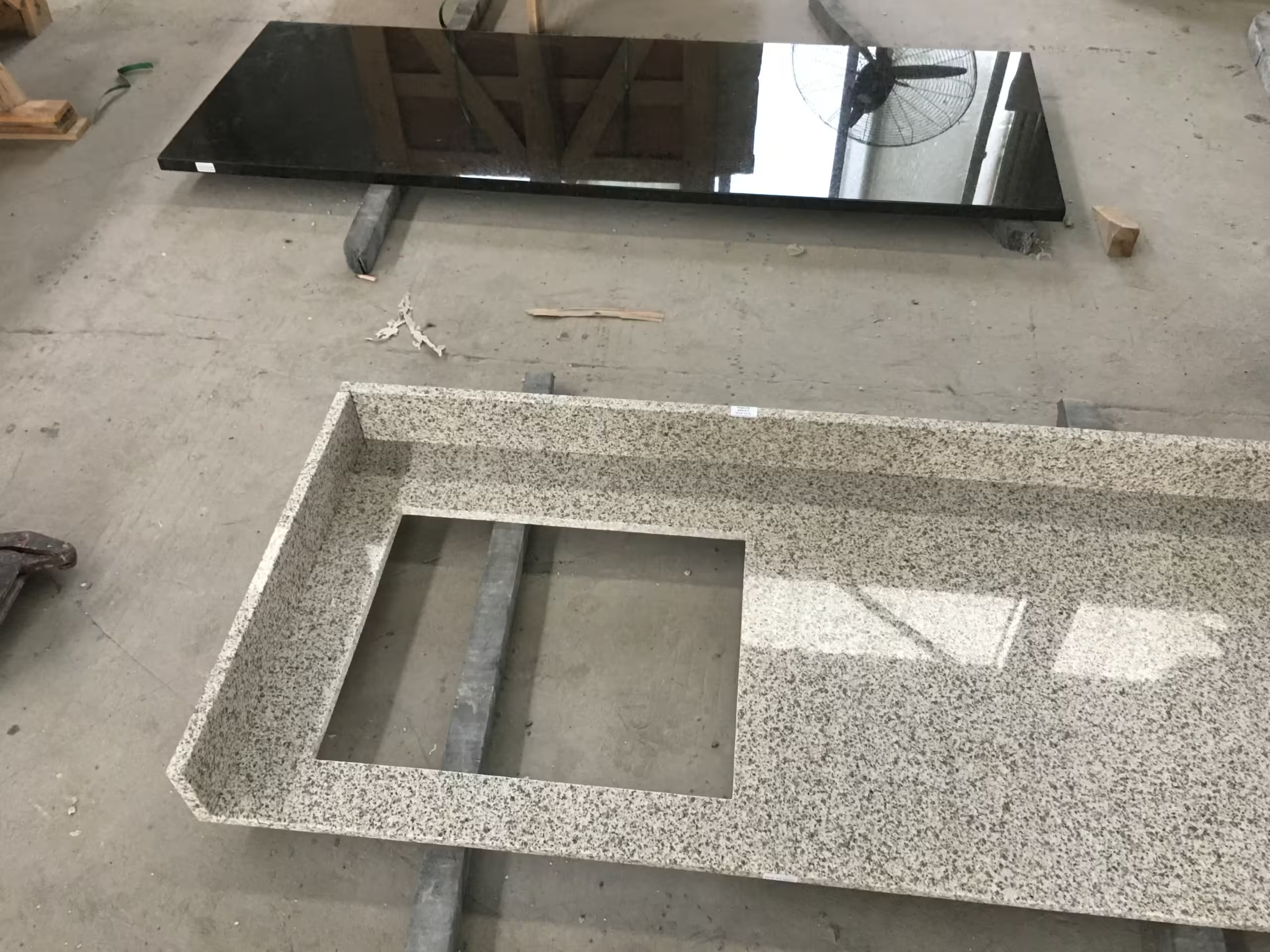China granite is not only known for its aesthetic versatility and durability but also for its sustainability as a building material. This article explores the environmental benefits of using China granite in construction and design projects.
Natural Durability: The inherent durability of granite reduces the need for frequent replacements, minimizing waste and the demand for new materials. Its long lifespan makes it a more sustainable choice compared to less durable materials.

Energy Efficiency: The thermal mass properties of granite contribute to energy efficiency in buildings. It can help regulate indoor temperatures, reducing the need for heating and cooling, and consequently lowering energy consumption.
Recyclability: Granite remnants from cuts can be repurposed into smaller projects like backsplashes, flooring tiles, or decorative features. This recycling capability reduces waste and encourages the creative use of leftover materials.
Low Emission Manufacturing: The processing of granite involves few chemicals, mostly involving cutting and polishing. The emissions from fabricating granite are significantly lower compared to synthetic materials that require complex chemical processes.

Locally Sourced: By sourcing granite locally, such as from China for projects within the region, the carbon footprint associated with transportation is significantly reduced. This local approach supports local economies and reduces environmental impact.
Conclusion: China granite offers a compelling combination of durability, beauty, and sustainability. Its ecological benefits, coupled with its aesthetic and functional properties, make it an excellent choice for environmentally conscious builders and homeowners looking to make a long-term investment in their properties.





